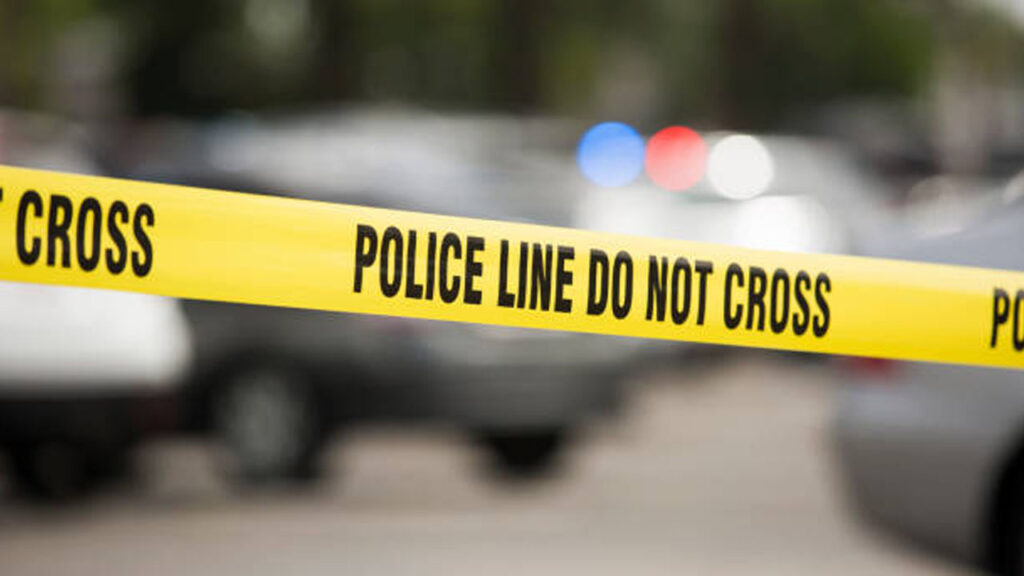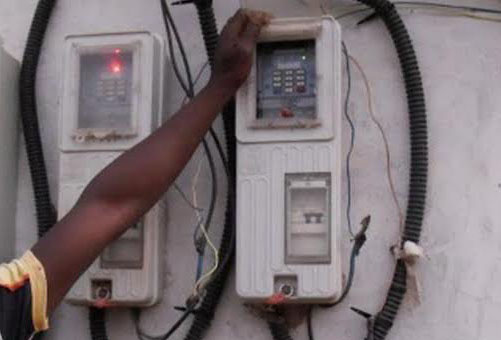[dailymotion code=”x82yj96″ autoplay=”yes”]
Convener of Concerned Nigerians, Deji Adeyanju, yesterday, urged Justice Binta Nyako of the Abuja Federal High Court to recuse herself from the trial of the leader of the Indigenous People of Biafra (IPOB), Nnamdi Kanu.
He accused Justice Nyako of bias, saying she was not neutral enough to handle Kanu’s trial.
Arguing that Nyako’s husband is a Fulani from Adamawa State and Kanu used to insult the ethnic group, he urged the United Kingdom (UK), United States (U.S.), and the Europen Union (EU) to send observers to Federal High Court, Abuja before, during and after Kanu’s trial to enable them to witness the violations of human rights in Nigeria by the Buhari administration.
He described the media orgnaisations going for accreditation for Kanu’s trial as ‘sad and unfortunate,’ lamenting that even under the military, members of the public and media outfits were allowed to attend court proceedings.
Kanu is standing trial for charges bordering on treason before Justice Nyako, who granted Kanu bail in 2017 but he jumped bail and fled Nigeria.
His lawyer, Aloy Ejimakor, however, argued that Kanu did not jump bail, stressing that the Federal Government made him flee the country due to violations and threats to his person.
Citing the Supreme Court in Federal Government v. MKO Abiola (1995), he said: “Justice must be rooted in confidence and confidence is destroyed when right-minded people go away thinking the judge is biased.”
BESIDES, the Media Rights Agenda (MRA) has condemned the Department of State Services (DSS) reported approval of 10 media houses, whose reporters would be allowed to cover Kanu’s trial, describing it as “an abuse of power and an affront on press freedom.”
But Programmes Director of MRA, Ayode Longe, in a statement, yesterday, said: “The DSS has no power under any law or regulation to determine which media organisations should cover proceedings in a court of law.”
He argued that the DSS was arrogating media accreditation powers to itself, thereby preventing media organisations from covering judicial proceedings, insisting that the action was unlawful and unconstitutional.
“Its purported accreditation of 10 media houses to cover Kanu’s trial, is, without doubt, abuse of power designed to intimidate the media and possibly the court. It undermines the fairness of the trial as guaranteed by the constitution,” he added.













